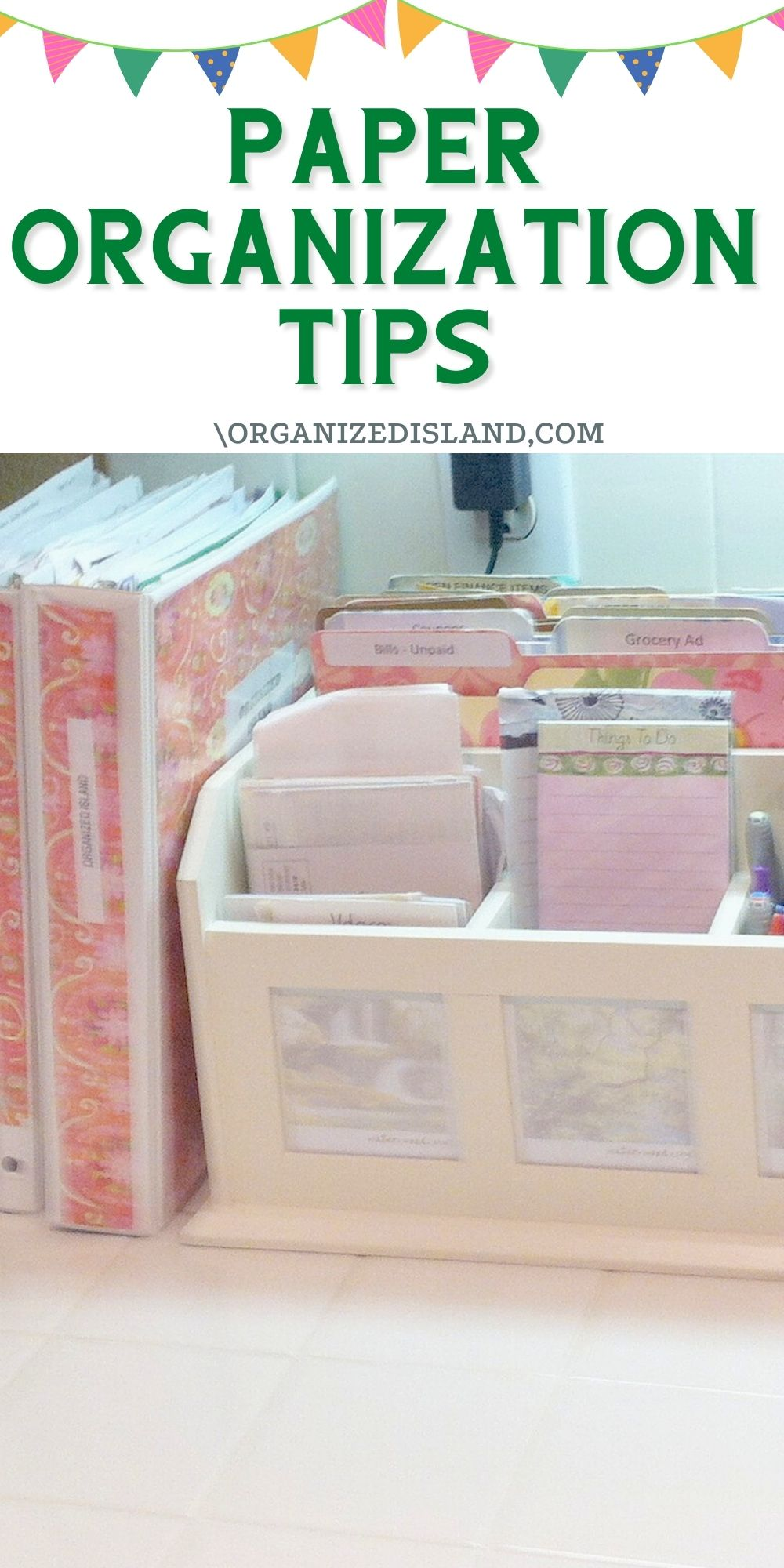Household Paperwork Simplified: Your Ultimate Management Guide

Organizing household paperwork can often feel like an insurmountable task. From keeping track of bills and financial statements to managing personal documents and essential records, the volume and variety can easily overwhelm anyone. However, with a systematic approach, managing your household paperwork becomes much simpler, saving you time and reducing stress. Here's your ultimate guide to getting your papers in perfect order.
Categorizing Your Documents

The first step to simplify household paperwork is to categorize your documents. This involves sorting your papers into logical groups, which makes both filing and retrieval straightforward:
- Financial Records: Bank statements, credit card statements, bills, receipts, tax documents, and investment records.
- Personal Documents: Birth certificates, passports, marriage certificates, insurance policies, and wills.
- Legal Documents: Leases, property deeds, vehicle registration, contracts, and health records.
- Educational Records: Transcripts, diplomas, and certificates.
- Work Related: Paystubs, employment contracts, performance reviews, and professional licenses.
- Household Management: Warranties, manuals, appliance maintenance records, and home improvement receipts.
📝 Note: Keep physical copies of important legal documents like deeds or wills in a fireproof safe or a secure deposit box.
Creating a Filing System

Once categorized, you need a system to file these documents:
- Physical Filing: Use color-coded folders or hanging files. Label each category clearly.
- Sub-Categorize: Within each category, you might further divide into sub-folders. For example, under ‘Financial’, have separate folders for ‘Bills’, ‘Investments’, ‘Taxes’, etc.
- Digital Filing:
- Scan or take photos of important documents for backup or easy access.
- Use cloud storage solutions like Google Drive, Dropbox, or local storage software for digital documents.
- Organize folders in the same manner as your physical system for consistency.
Remember, your digital system should mirror your physical one to maintain a coherent organization.
Monthly Maintenance and Retention

Set up a routine for reviewing and updating your documents:
- Monthly Review: Spend an hour at the end of each month going through incoming and outgoing documents. Update your records, shred or recycle unnecessary papers.
- Retention Guidelines:
Document Type Retention Period Bills (utility, phone, etc.) 1 year Credit Card Statements 7 years Tax Returns 6 years Legal Documents Permanently 
Automating Where Possible

Leveraging technology can significantly reduce your paperwork management burden:
- Electronic Statements: Opt for paperless billing and bank statements.
- Reminder Systems: Use calendar apps or document management software to remind you of due dates or when it’s time for a review.
- Online Filing: Many services now allow you to file documents online, like e-filing tax returns or storing educational records digitally.
💡 Note: Regularly update passwords and access information for your online accounts to ensure data security.
Periodic Purging

Regularly reviewing and purging old or unnecessary documents is key:
- Yearly Audit: Once a year, do a thorough review of all your documents. Shred or securely dispose of outdated or irrelevant records.
- Digital Cleanup: Similarly, clean up your digital storage by deleting old files, backing up important documents, and organizing your folders.
By following these steps, you not only manage your household paperwork but also ensure that your financial and personal information remains secure and organized. This methodical approach not only saves time in the long run but also provides peace of mind knowing that your documents are in order. Regularly assessing your filing system allows you to make necessary adjustments as your life changes, ensuring it remains a functional and efficient tool for document management. You'll find that what was once a daunting task becomes a manageable part of your household routine, allowing you to spend more time on what truly matters.
How do I start if my paperwork is already a mess?

+
Begin with sorting everything into major categories, then tackle each pile one at a time. Dedicate regular time slots to focus on sorting, filing, and shredding or recycling unnecessary documents.
What documents should never be discarded?

+
Never discard original legal documents such as birth certificates, passports, property deeds, or wills. These should be kept securely, preferably in a safe or secure deposit box.
How can I securely dispose of sensitive documents?

+
Use a shredder to destroy documents that contain personal information. Alternatively, some banks and community events offer shredding services for secure document disposal.



